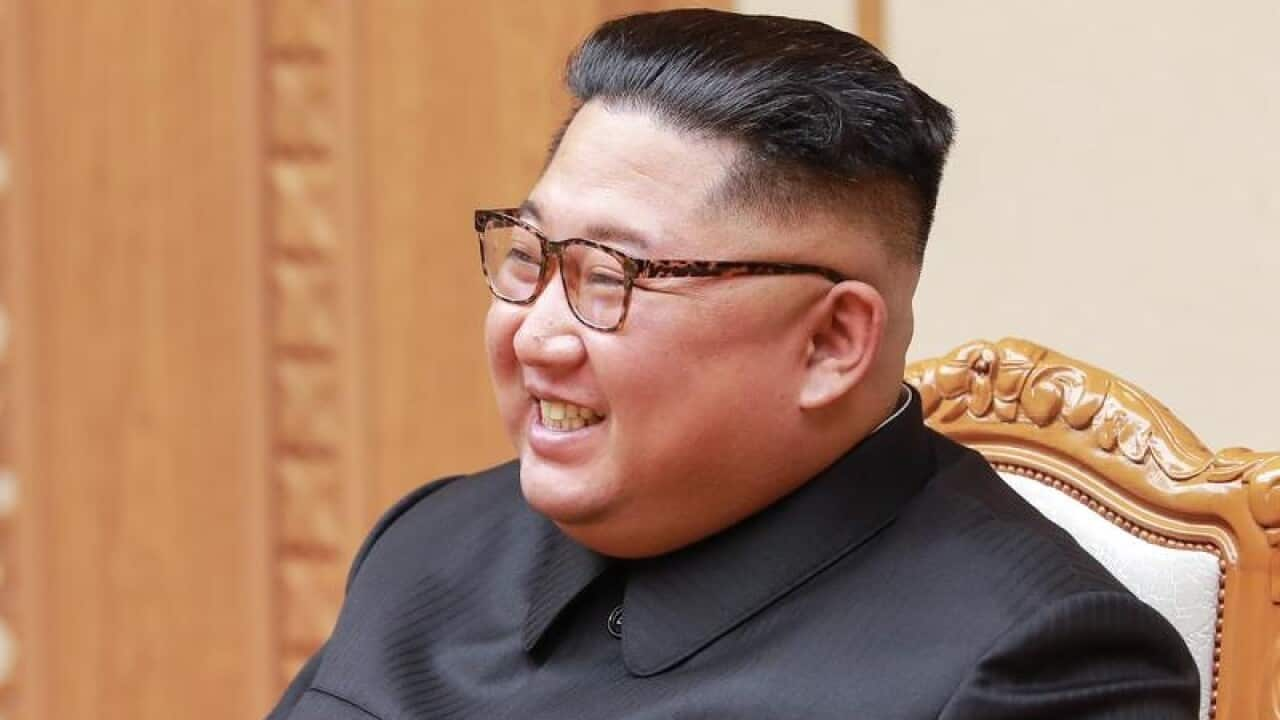North Korea's Kim Jong-un has given his first time line to achieve denuclearisation, aiming for the end of US President Donald Trump's first term, and has agreed to a third summit with his South Korean counterpart, Seoul officials say.
Kim and South Korean President Moon Jae-in will meet in Pyongyang on September 18-20 and discuss "practical measures" toward denuclearisation, Moon's national security adviser, Chung Eui-yong, said a day after meeting Kim.
The summit could provide renewed momentum to talks over denuclearisation between North Korea and the United States, after Trump cancelled a visit to Pyongyang by his secretary of state last month citing lack of progress.
Kim told South Korean officials his faith in Trump was "unchanged" and that he wanted denuclearisation and an end to hostile relations with the United States before Trump's first term in office ends in early 2021, Chung said.
"He particularly emphasised that he has never said anything negative about President Trump," Chung said.
The remarks represent Kim's first timeline for dismantling North Korea's nuclear weapons programme.
In previous, failed talks, North Korea has said it could consider giving up its nuclear program if the United States provided security guarantees by removing troops from South Korea and withdrawing its so-called nuclear umbrella of deterrence from the South and Japan.
North Korea's official KCNA news agency said Kim told the South's envoys that his "fixed stand" was to turn the Korean peninsula into "a cradle of peace without nuclear weapons, free from nuclear threat".
During his meeting with Kim, Chung delivered a message from Trump and will relay comments from Kim to US National Security Advisor John Bolton later on Thursday, Moon's spokesman Kim Eui-kyeom told reporters.
Kim and Trump held a landmark summit in Singapore in June, in which they agreed to work toward complete denuclearisation. But negotiations have made little progress, while signs North Korea has maintained work on its weapons have emerged.
Under discussion is whether denuclearisation or declaring an end to the 1950-53 Korean War should come first.
The war ended with an armistice, not a peace treaty, meaning US-led UN forces, including South Korea, are technically still at war with the North.
US officials have said an end-of-war declaration could weaken North Korea's incentive for denuclearisation, and create uncertainty about the purpose of 28,500 US troops stationed in South Korea, a legacy of the three-year war.









